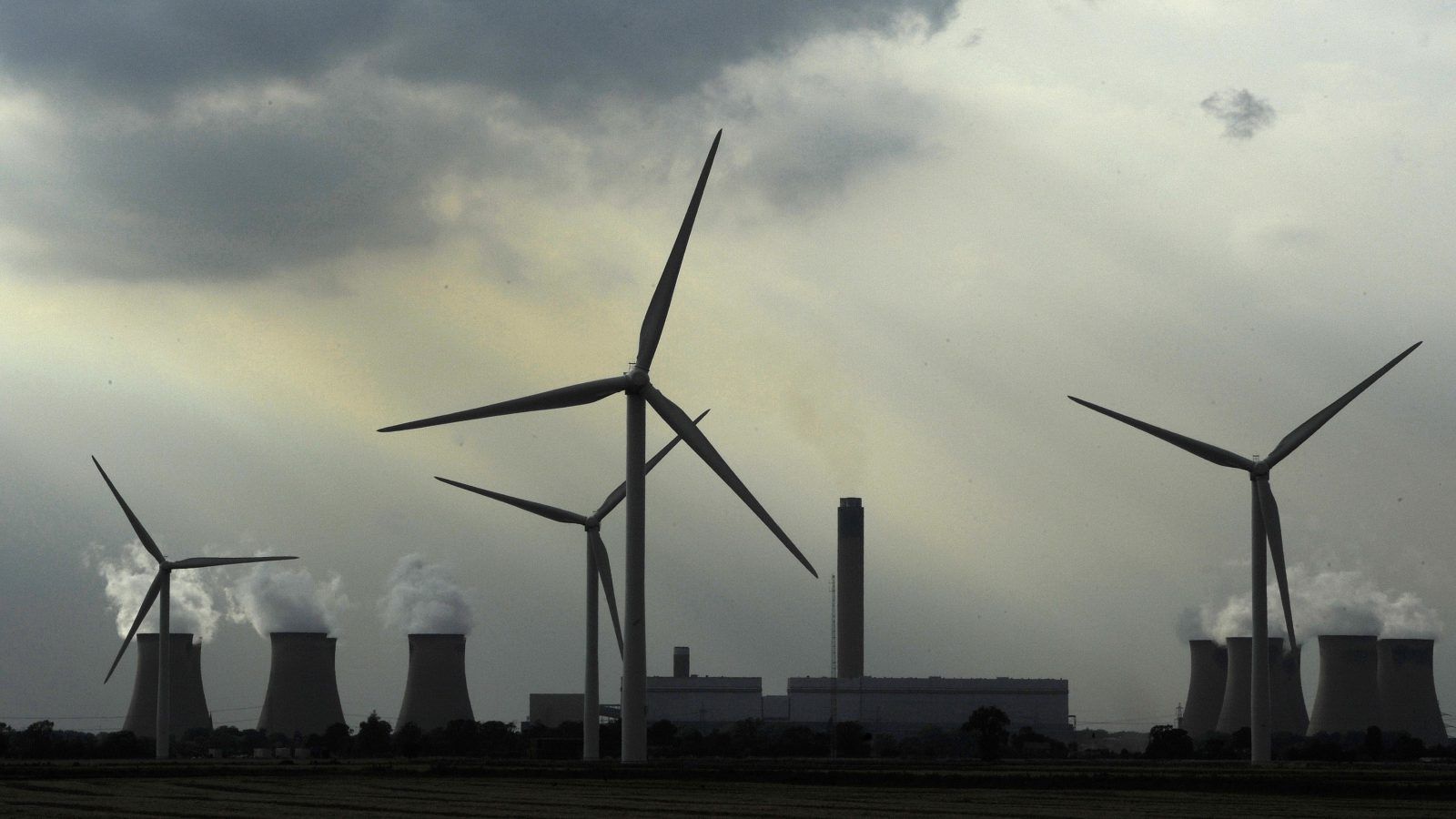The United Kingdom took its biggest step towards clean energy this week after the country’s powerplants stopped burning coal for 55 hours, breaking its previous record of 40 hours.
The powerplants stopped firing coal from 10:25 p.m. on Monday till 5:10 a.m. on Thursday – a milestone that Britain has successfully achieved for the first time since the Industrial Revolution.

Britain set a new record last week after it shut down operations in its coal-fueled powerplants for 55 hours, beating the previous record of 40 hours
A New Record Set
Last week, Britain shut down its coal-fired powerplants to prove to the world that it doesn’t need to rely on carbon-based energy resources to generate electricity. The extraordinary feat of going without burning coal for two consecutive working days was hailed as the first ever milestone in the country’s clean energy project since Industrial Revolution.
The move came after U.K.’s decision to end coal-powered plants by 2025 in order to achieve a carbon-neutral future. Instead, it plans to prioritize renewable energy sources such as wind and solar to generate electricity and slowly phase out carbon-emitting fossil fuels.
While countries like the U.K., China, and New Zealand are investing heavily in a clean energy future, the United States has shown no signs of ending its dependence on fossil fuel. On the contrary, President Donald Trump is determined to strengthen the country’s economy by boosting coal mining projects and building more factories and powerplants fired by coal and natural gas.
Despite the declining environmental regulations in America and the country’s heavy reliance on carbon-based energy resources, the coal industry’s popularity has slumped over the past years as some of the world’s largest economies have begun to prioritize renewables to combat climate change.
Now, the fact the United Kingdom was able to sustain its economy for 55 hours without touching its coal reserves has proved that renewable energy could soon replace fossil fuels in providing electricity to countries around the world. The Energy Information Agency also predicts the death of coal-fueled powerplants in America is inevitable over the next few decades
A Carbon-Neutral Future by 2025

The country plans to phase out coal by 2025 and replace it with renewable energy resources in order to achieve a carbon-neutral future
The British government recently laid out number of green policies to end the country’s dependence on carbon-based energy resources by 2025 and one of its eight coal-fueled powerplants is already expected to shut down operations by the end of this year.
The decision to phase out fossil fuels came just a few days before Prime Minister Theresa May’s environmental speech and was accompanied by an implementation plan which details the steps Britain will need to take before 2025 if it wants to achieve its goal of a carbon-neutral future.
The country had already ordered the shut down of three coal-fired plants in 2016 and the most of the remaining ones are expected to end operations over the next four years. By October 2025, the last ones of the eight powerplants will halt operations, completely ending the country’s dependence on coal.
However, U.K. plans to spend hundreds of millions of pounds in subsidies on coal operators even after 2025, collected from consumer energy bills, to keep the sector alive as a backup power resource. Experts believe that subsidizing the coal operators even after shutting down all existing coal-fueled plants is an unnecessary expenditure which will only give the industry another lifeline.

The country’s plan for achieving carbon-neutrality also predicts the capacity of coal to plummet from 13.8 gigawatts to 1.5 gigawatts by 2025 due to loss of profits and inauspicious economics
Unfavorable Policies for the Coal Industry
Although no coal powerplants were shut down last year, the Conservative party was able to introduce new policies such as high carbon tax and low gas prices which are meant to target the profitability of coal industry and force factories and powerplants to find more sustainable resources for running operations.
The policies foresee the closure of most power plants by 2022 which could result in a loss of thousands of jobs. The new pollution standards in the EU have seen the closure of several European plants and now more countries are considering adopting U.K.’s carbon tax to seal the coal industry’s fate.
Britain may also introduce stricter emission performance standards by 2025 which will force most plants to adhere to an emission limit of 450 grams of carbon per kilowatt hour.
In order to meet this standard, most factories and coal operators will need to fit expensive equipment for capturing carbon. Greenpeace and WWF have commended Britain’s new plan and hailed the climate change effort as last nail in the coffin for coal sector.










